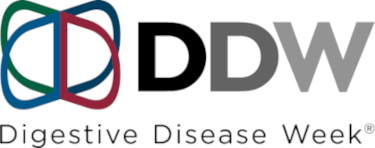Sp382
HOW TO INTEGRATE THERAPEUTIC DRUG MONITORING INTO YOUR PRACTICE — LESSONS FROM RECENT STUDIES
Date
May 7, 2023
Explore related products in the following collection:
Tracks
Related Products
A PHASE 2, RANDOMIZED, DOUBLE-BLIND, PLACEBO-CONTROLLED TRIAL OF PRA023 AS INDUCTION THERAPY IN PATIENTS WITH MODERATELY TO SEVERELY ACTIVE ULCERATIVE COLITIS: ARTEMIS-UC, COHORT 1
Switching from originator to biosimilar infliximab (IFX) is effective and safe. However, data on multiple switching are scarce. The Edinburgh IBD unit has undertaken three switch programmes: (1) Remicade to CT-P13 (2016), (2) CT-P13 to SB2 (2020), and (3) SB2 to CT-P13 (2021)…
PLACEHOLDER
Perturbations in the gut mucosal immune response contributes to IBD. Non-immune cell popopulations including epithelial and stromal cells also play an important role in intestinal inflammation…
HABITUAL MEAT INTAKE IS ASSOCIATED WITH INCREASED RISK OF DISEASE FLARE IN ULCERATIVE COLITIS: INITIAL RESULTS FROM THE PREDICCT STUDY
Switching from originator to biosimilar infliximab (IFX) is effective and safe. However, data on multiple switching are scarce. The Edinburgh IBD unit has undertaken three switch programmes: (1) Remicade to CT-P13 (2016), (2) CT-P13 to SB2 (2020), and (3) SB2 to CT-P13 (2021)…
PANEL DISCUSSION
There are multiple new biologic agents that have been approved for the management of IBD over the past few years. In addition, high quality randomized controlled trials have examined optimization of these treatments through therapeutic drug monitoring…


